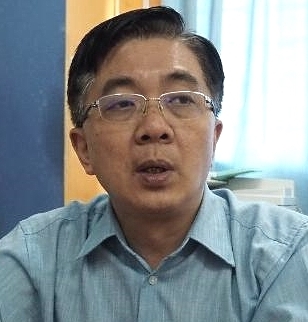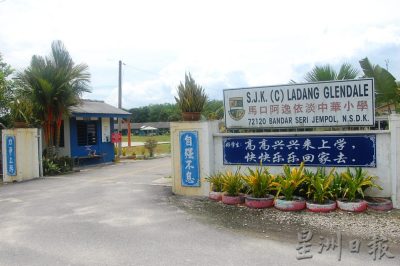
By Boo Cheng Hau
The PH++ is not a new idea that has popped into being just after the PH government collapsed. It was an alternative organizational concept mooted as early as before the 2018 general elections during debates whether PPBM should be admitted directly into Pakatan Harapan.
I was among those who subscribed to the PH++ concept. Others include leaders from PH parties such as PKR's Rafizi Ramli.
During two separate interviews with Sin Chew Daily in the run-up to GE14, I reiterated that PPBM's Malay-first ideology was a far cry from the other three more ethnically diverse PH parties, and PPBM should therefore not be directly admitted into the fold, less so for a minority party to have dominance over the entire pact's operation (including the Johor PH), as this would sow the seed of inconceivable disaster.
After PH won the election, PPBM and Azmin Ali endorsed the Malay dignity congress in a bid to expand their political clout by means of uniting singularistic Malay parties while tramping PH's own pluralistic policies.
PPBM despised the PH pledge of institutional reforms and in so doing resulted in the pact's internal bleeding that culminated in the collapse of the PH administration.
There were traces of latent conflicts even during the dawn of PH's establishment, and the original three PH parties lacked in-depth deliberations and debates on how the pact was going to work with PPBM. In its stead, they adopted a top-down decision-making approach and even sidelined those who opposed to PPBM's direct admission into the pact.
Tanjung Piai was only the last straw that broke the camel's back. PPBM failed to bring more Malay supporters for PH but has to a significant degree drained the support of non-Malays. In many aspects, the party's dissociation from PH is not a bad thing for the coalition's long-term benefits, after all.
Although Tun Mahathir has kept denying while many PH leaders have helped whitewash the claim, many are of the view that the "Sheraton coup" would not have become reality if not for the implied nod from the old man, and the PH government would not have fallen this fast.
Many opportunistic self-proclaimed "strategists" have brought back the old idea of PH++, but these were the very same people who opposed to the idea two years back and who championed the "PH4+0" concept, allowing PPBM to participate, manipulate, dominate and exterminate the new government that had worked so hard for the past two decades to come this far.
PH has let go of a golden opportunity to implement good governance and perfect the country's two-party system. It is imperative that PH get tough on and distance itself from such opportunists with scarce wisdom.
PH will not only lose the power it used to have in the near future, internal disintegration of its component parties is actually the biggest hidden concern, in particular PKR, the Malay-dominant party which practices pluralism. The party has for so many years been perceived as the biggest threat to the Malay and Islam supremacists, and as such inevitably finds itself the primary target of PPBM, Umno and PAS. These parties will do everything they can to entice PKR reps to hop over to their side to keep their power secure, with the ultimate motive of uprooting PKR.
DAP will become the largest opposition party once again as the party holds dearly to its non-Malay urban seats, which to the Malay elites are of little oncern.
Meanwhile, to Mahathir who still yearns to re-estabilsh his Ketuanan Melayu agenda, PH is more of a liability than asset. Instead of being brought down by him, perhaps the pact should take a resolved stand to walk out of the old man's shadow and consolidate its internal solidarity in a bid to firm up the dominant status of the original PH-3 and win more seats in the next GE before negotiating with other parties.
The only factor that will guarantee the success of the coalition government is to restore pluralism and institutional reforms as prevailing policies of a future PH administration.
As the saying goers, "once bitten, twice shy". Pakatan Harapan's long-awaited golden opportunity to implement good governance was rudely snatched away from it because of a bad decision. If it would draw a lesson from this costly misstep, it is not impossible for it to put up its broken army once again and smartly mobilize its troops to make a powerful headway towards Putrajaya.
(Boo Cheng Hau is former assemblyman for Skudai.)
ADVERTISEMENT
ADVERTISEMENT


































